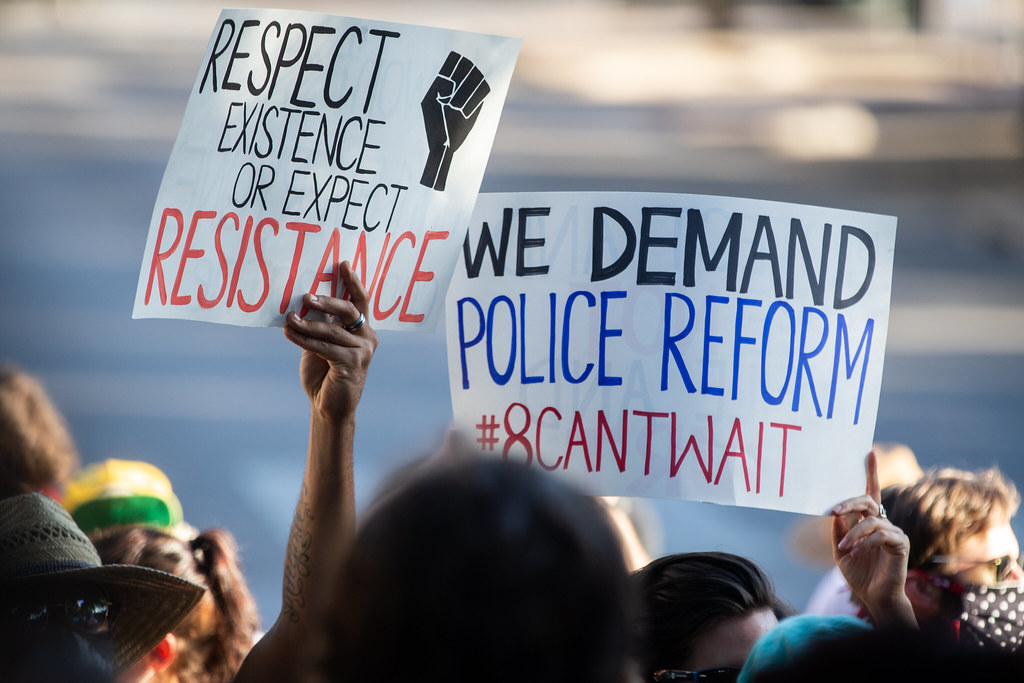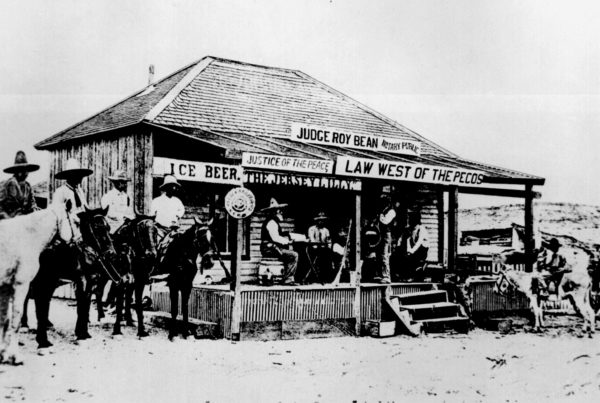There has been a mass public outcry for more police accountability since the 2020 police killing of George Floyd. Recently, the U.S. Supreme Court rejected an appeal from a former police officer convicted of murder in Floyd’s death.
Still, before 2020, convictions of police officers in such cases were notoriously difficult. Has that changed?
An investigative team led by Tony Plohetski, an investigative reporter for the Austin American-Statesman and KVUE TV, looked at seven high-profile cases involving fatal on-duty police shootings.
The Texas Standard spoke with Plohetski on the analyses of these cases and the most recent Texas case: the murder trial of an Austin police officer.
This transcript has been edited lightly for clarity:
Texas Standard: Here in Texas, the most recent case that comes to mind is the hung jury in the murder trial of Austin police officer Christopher Taylor in the shooting death of Mike Ramos. The decision was split 8-4, leaning toward acquittal, I understand. What can you tell us about that case?
Tony Plohetski: It started in April 2020, and it fueled the social justice protest in Austin in which we saw thousands of people pour into the street. But on that day in April 2020, police responded to a call about possible drug use in a Southeast Austin apartment complex.
When police arrived, they attempted to get Michael Ramos to comply with their commands. They ultimately use what police call “less lethal weapons” on him. And very quickly after that, Michael Ramos got into a Toyota Prius and started driving, and a police officer named Christopher Taylor opened fire on Ramos, shooting him three times and killing him.
But the essence of this case was that the state prosecutors contend that Ramos was simply attempting to flee the scene. On the other hand, the defense contends that Officer Taylor lawfully shot in the interest of his own self-defense, but also in defense of other officers.
» GET MORE NEWS FROM AROUND THE STATE: Sign up for Texas Standard’s weekly newsletters
The Statesman and your team looked at seven high-profile cases involving on-duty police killings, most of which went to trial after 2020. What did you find?
The majority of the cases resulted in acquittals, and that was the case in both urban counties – for example, in Harris County – and in more rural counties, including Burnet County here in Central Texas to the west of Austin. And we saw those cases being brought by both Republican elected district attorneys, as well as Democrat elected district attorneys.
But jurors are still, just in this small sample we looked at – again, seven cases – appear to be grappling with how to handle these cases and how to view these cases once they come into the courtroom. As you mentioned, convictions have proven rare, with the exception of a Fort Worth police officer last year who was sentenced to about 12 years in prison for a shooting.
Well, what is the issue and challenge here? What is it that jurors seem to be grappling with, and how does that inform a push toward greater police accountability?
So we talked to a number of legal experts who also are monitoring these developments. And one of the main issues that they see is that most of these cases involving lethal use of force by police officers typically give rise to some sort of facts that officers can then build a self-defense claim around or a self-defense defense around. And so that can make the situation and make the facts sometimes more muddy for jurors.
Another issue, according to these experts we talked to, is that some of the key witnesses in these cases are police officers themselves. They may have seen what happened, or they may have investigated what happened. And so then those witnesses who are on the stand, who very typically are state witnesses and favored by the state, can then be in a situation where maybe those witnesses may be forced to provide reluctant testimony against a colleague or friend in the department. And so that can make the dynamic difficult as well.
And then another issue that legal experts we talked to point out is that some of these defendants, their defense is paid for by police unions and have experienced defense counsel who have handled these types of cases before, putting them at an advantage in the courtroom, according to these experts.














